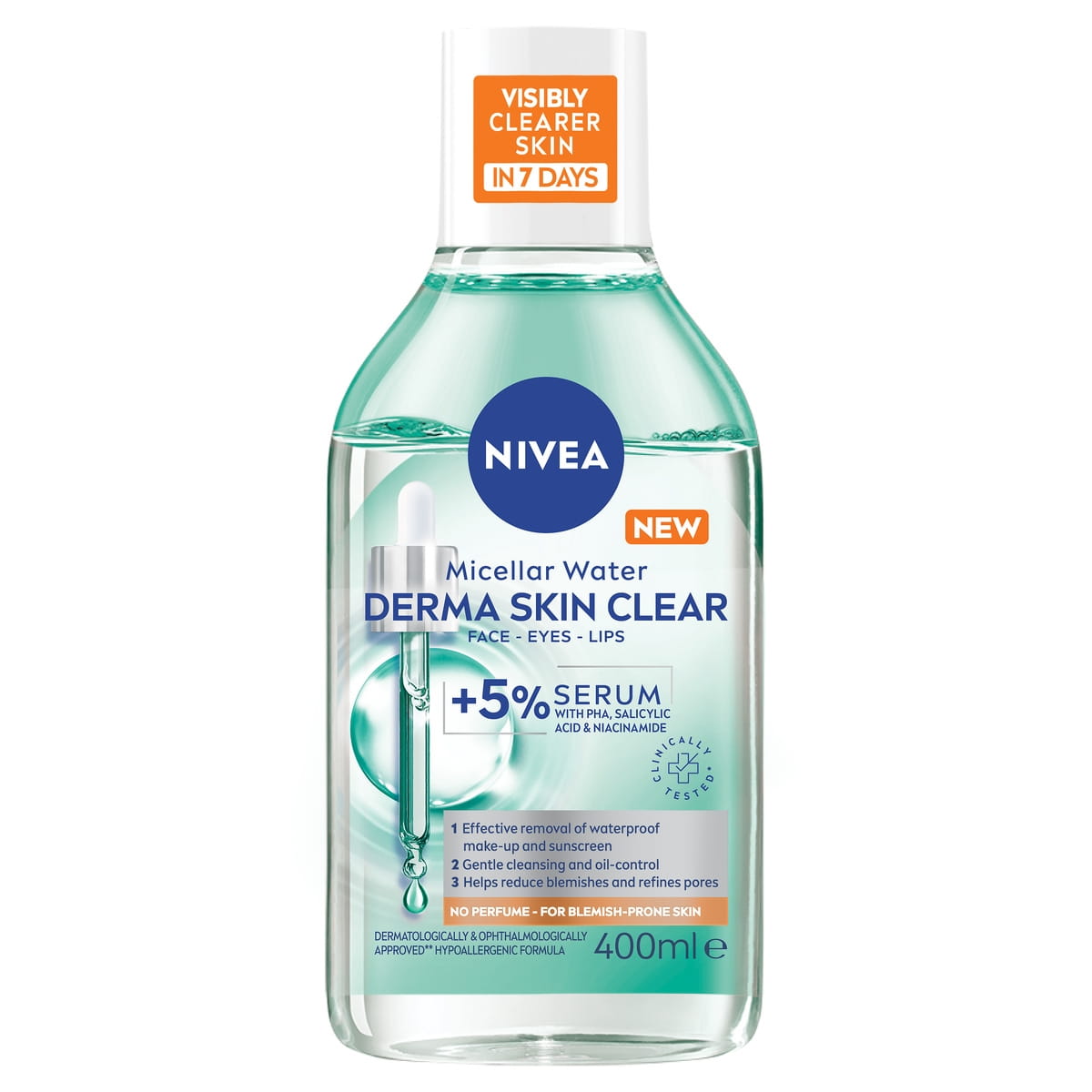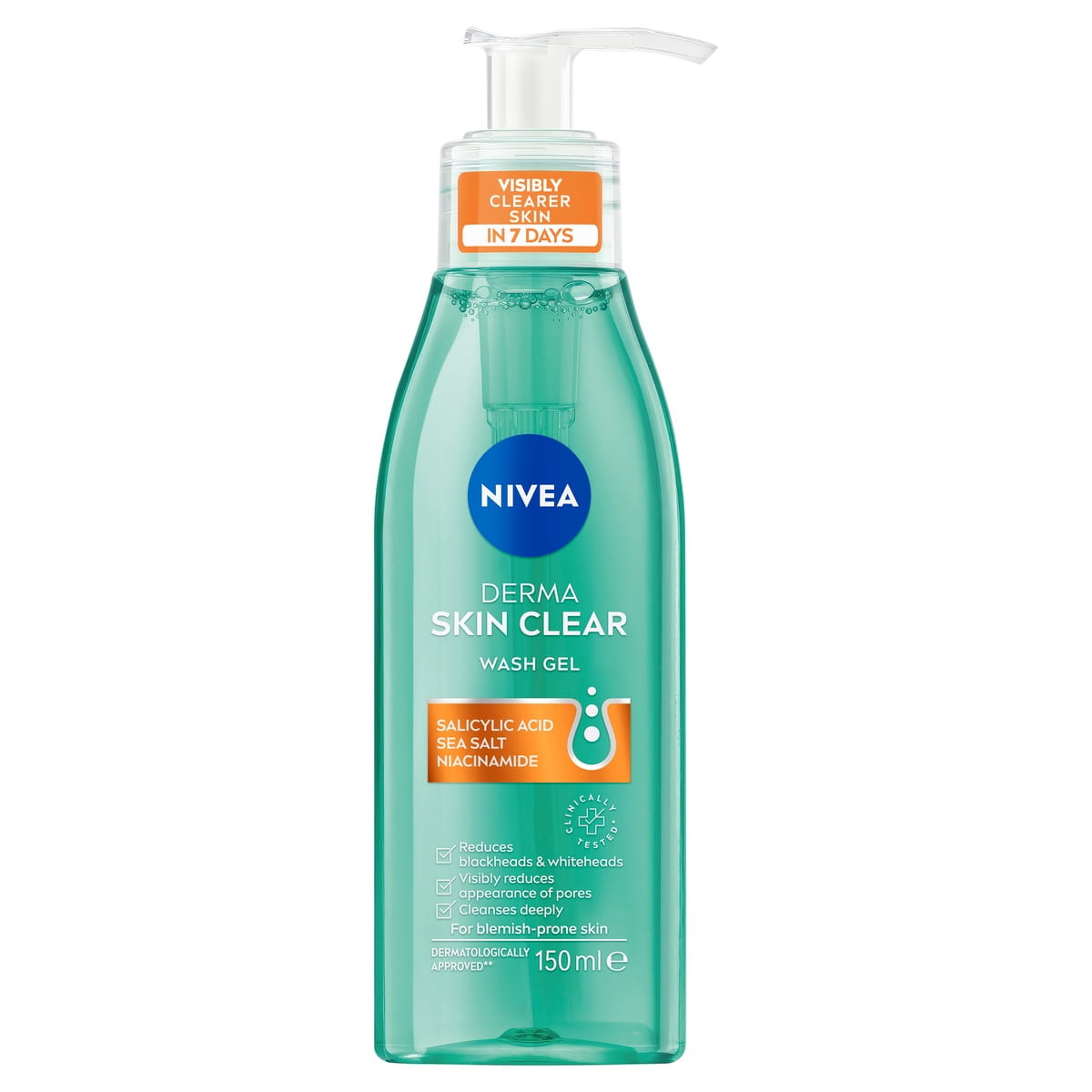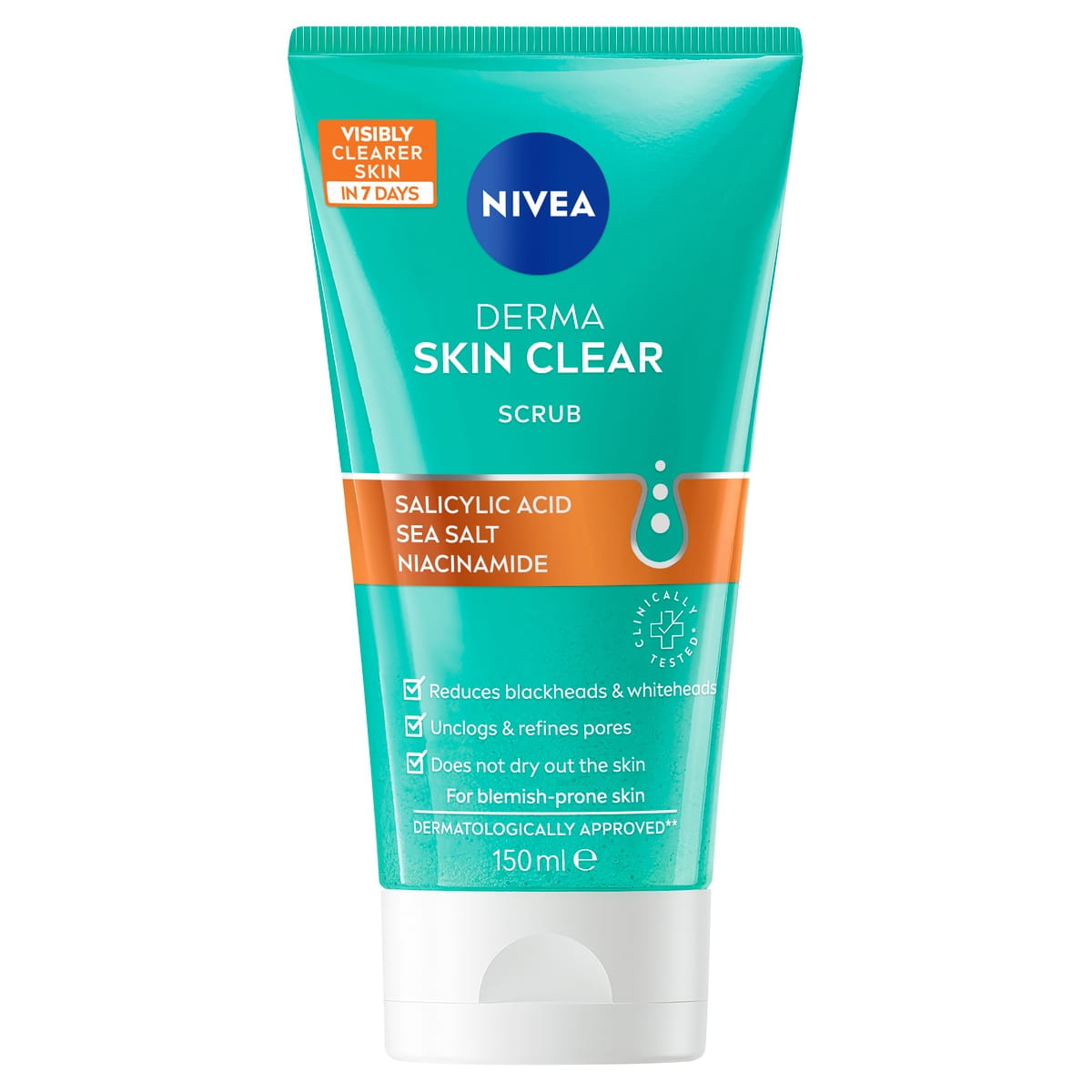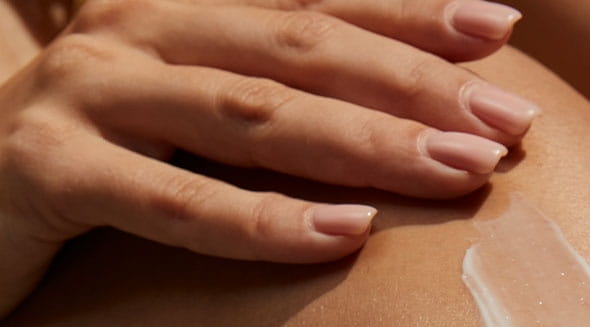1. Environmental Factors
Heat, abrasions and sudden humidity changes can all cause your skin’s oil production to increase. Environmental stressors can disrupt the skin’s natural balance, so to protect itself, the skin produces more oil to retain moisture or adapt to new conditions.
2. Lifestyle Habits
An unhealthy lifestyle, such as smoking, heavy drinking, and poor diet can have a negative impact on the appearance of your skin. These habits an disrupt the body’s natural systems, causing dehydration, inflammation, and hormonal imbalances. In response, the skin can produce more oil to defend itself and maintain balance.
3. Genetics
While not always the case, it can happen. If oily skin runs in the family, it could mean you too have inherited shiny skin and impurities. The skin's oil production levels can be controlled by inherited traits such as larger sebaceous glands and hormone sensitivity.
4. Overusing Skincare Products
Yes, you can too much of a good thing. A recipe for disaster is cleansing or exfoliating too often, too hard, or using too much product. They result in oily skin reacting with extra aggressive oil production. Washing or exfoliating your face too often can strip too much natural oil from the skin, resulting in excess oil production.
5. Skipping Moisturiser
Believe it or not, skipping moisturiser after face cleansing can also cause the skin to produce excess oil. If you uphold applying moisturiser to your skin, your skin will react by producing more oils in an attempt to rehydrate the skin. It’s important to find the right moisturiser for your skin type. Lightweight, non-comedogenic moisturisers can work best for oily skin.
6. Stress
Stress isn’t good for anything, and skin is no different. Your body responds to stress by releasing extra androgen hormones, which means more sebum (oil) is pumped to the surface of your skin. Stress can increase cortisol levels, which can stimulate sebaceous glands and lead to an oilier complexion.
7. Hormonal Changes
Androgen hormones can also increase due to menstruation, pregnancy, and other hormonal changes. Sebaceous glands are highly responsive to hormones called androgens that stimulate them to produce more oil. When androgen levels fluctuate, so does sebum production. Life stages, such as puberty, menstruation and pregnancy are characterised by hormonal changes, which results in increased in oily skin.
8. Medication
Medications, especially those that affect your hormones, can increase oil production. De
hydration from medicine can also cause your
skin to overcompensate for lost moisture, resulting in a sallow complexion. Speak with a health
care provider before making any changes to your medication routine if oily
skin is a concern.










